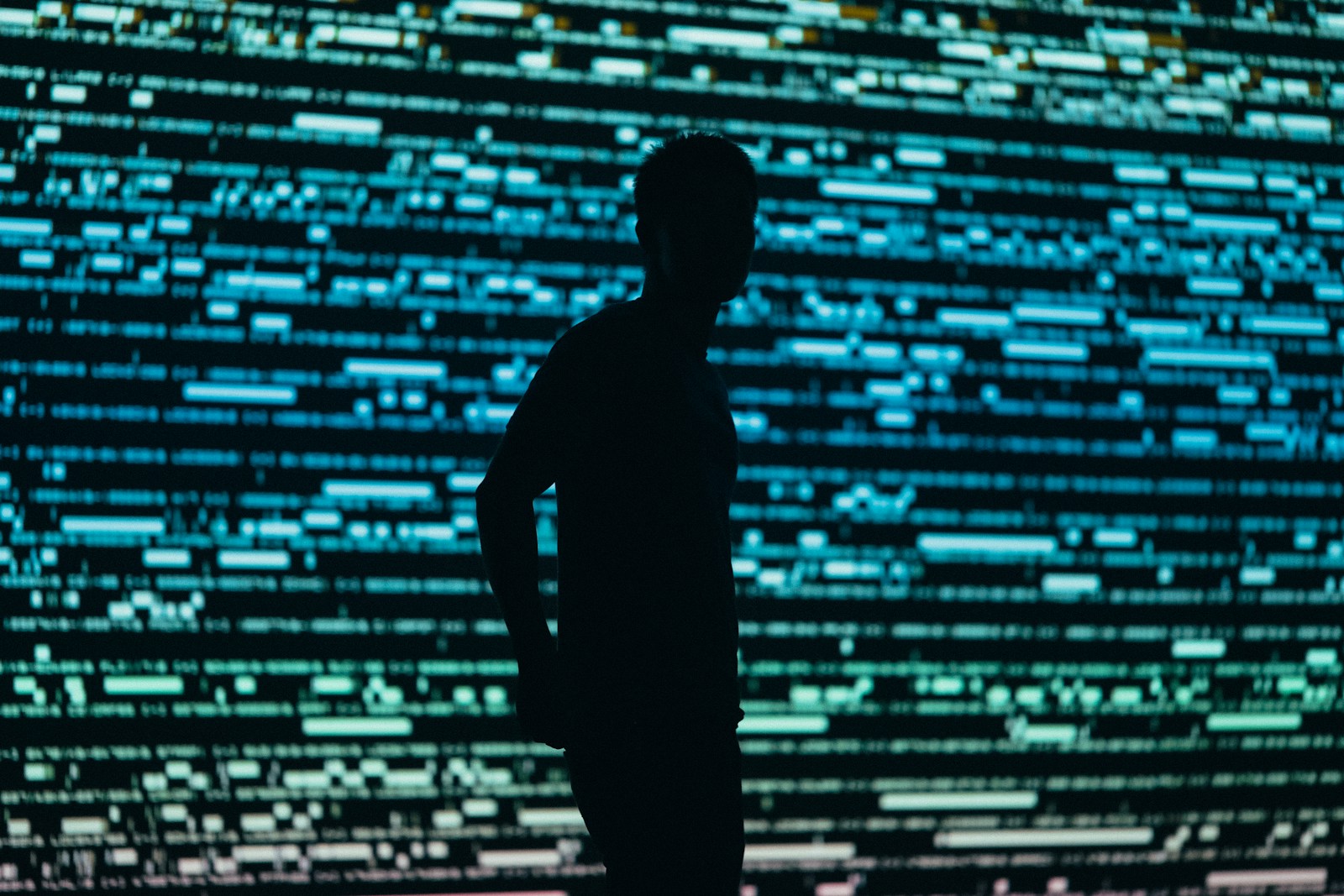Elizabeth McGovern and the Lost Charm of Personal Correspondence
The Art of Letter-Writing has long been celebrated as a form of personal expression, a way to convey thoughts and feelings with a depth and permanence that digital communications struggle to match. Elizabeth McGovern, an American actress known for her poignant roles and thoughtful reflections on societal changes, laments the decline of this once-vital aspect of human connection. Her sentiment echoes the feelings of many who miss the personal touch and the tangible presence of handwritten letters.
The Emotional Depth of Handwritten Letters
There is an undeniable warmth and intimacy to receiving a letter that has been handwritten. Each curve of the handwriting, each smudge of ink, carries with it a piece of the sender’s essence, making the experience profoundly personal. In an age dominated by emails and instant messages, the act of sitting down to pen a letter has become a rare dedication of time and thought to another person. Elizabeth McGovern’s mourning of the lost art of letter-writing highlights a broader cultural shift away from personalized, thoughtful communication towards a more ephemeral and impersonal mode of interaction. The tactile experience of holding a letter, knowing it was once in the hands of a friend or loved one, creates an emotional connection that digital communications cannot replicate.
Preserving Personal Histories Through Letters
Letters are not just communication; they are historical artifacts that carry the personal narratives and cultural contexts of their time. They preserve the thoughts, emotions, and experiences of individuals in a way that future generations can physically touch and experience. The practice of saving correspondence, as lamented by Elizabeth McGovern, is a practice of preserving history on a deeply personal level. In contrast to the fleeting nature of digital communications, letters serve as a tangible link to the past, offering insights into the lives, relationships, and societal changes that shaped individual and collective experiences. The decline of letter-writing and saving correspondence signifies a loss of this personal, historical record, a disconnect from the continuity of human experience.
The Cultural Shift from Paper to Pixels
The transition from handwritten letters to digital communication reflects broader cultural shifts towards convenience, speed, and efficiency. While these developments have undeniable benefits in terms of connectivity and accessibility, they also carry implications for the depth and quality of our communications. The art of letter-writing involves a deliberate slowing down, a mindfulness about one’s words and sentiments that is often lost in the immediacy of digital exchanges. Elizabeth McGovern’s reflections on the subject invite us to consider what might be regained by reintroducing the practice of writing and preserving letters into our modern lives—not as a rejection of digital advancements, but as a complementary practice that enriches our connections to others and to our own historical moment.
Fostering a Renaissance of Personal Correspondence
In light of Elizabeth McGovern’s sentiments, there lies an opportunity for a cultural renaissance in the art of letter-writing. This resurgence would not only serve as a counterbalance to the impersonal nature of digital communication but also as a means of deepening relationships and preserving personal histories. Encouraging individuals to revisit the practice of writing letters can foster a greater appreciation for thoughtful communication and the unique pleasure derived from both writing and receiving personal correspondence.
The Enduring Legacy of Letters
The decline of letter-writing may seem inevitable in the face of technological progress, but its potential for revival is also evident. As Elizabeth McGovern poignantly reminds us, letters have the power to convey emotion, preserve moments, and connect generations in ways that digital communications cannot. By valuing and practicing the art of letter-writing, we can ensure that this personal, emotional, and historical legacy is not lost to future generations. The challenge and opportunity before us is to blend the best of both worlds, embracing the convenience of digital communication while preserving the depth, personal touch, and historical value of the handwritten letter.
#Lost, #Shame, #Letters, #ElizabethMcGovern, #American, #Actress









